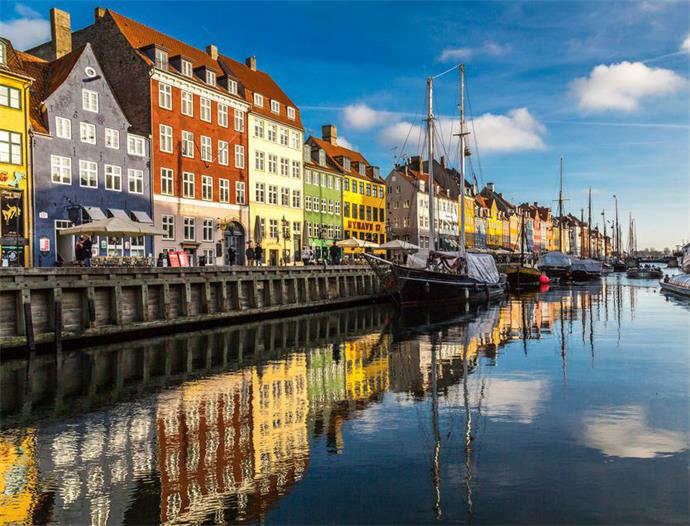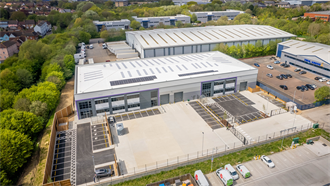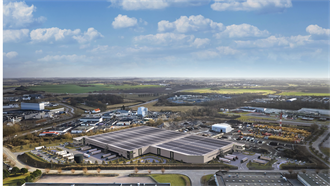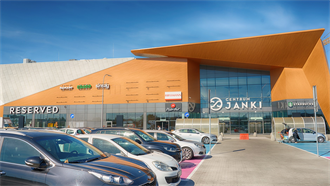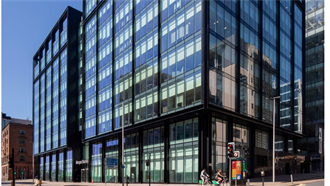Future real estate opportunities lie in growing or emerging cities that are successful in attracting companies and talented people, experts agreed at PropertyEU’s recent Cities of Influence briefing.
Europe’s gateway cities, like London or Paris, have an unassailable position and will continue to be a first port of call for foreign investors, but cities that are able to attract businesses and young talent offer the best long-term opportunities, the briefing, which was held at Mipim in Cannes, heard.
‘The winning cities of tomorrow are the challenger cities, not the established gateway cities,’ said Guillaume Turcas, managing partner at Faro Capital Partners. ‘People now want to live in secondary cities, not just in Paris or Frankfurt. The competition is between cities, not between countries, and it is a brandnew way of assessing real estate.’
The urbanisation trend is now a fact of life. In 1950, two-thirds of the population lived in rural areas and one third in cities. By 2050 it will be the other way around, with two-thirds of people living in cities.
War for talent
The question an investor should ask before committing capital, said Turcas, is what these cities are doing to attract young people. The war for talent has a great bearing on their choice of where to live and work, and office take-up follows. Infrastructure and transport connections are another important factor to take into consideration.
‘Every year we look at 100 cities to identify the ones with the best business environment and then invest in the top thirty,’ said Uwe Rempis, managing director, KVG Munchen, LaSalle Investment Management. ‘Transparency of the market is a big factor for us.’
There is a long list of challenger cities in Europe, but not all will rise to the top. Some experts believe that Manchester and Birmingham will steal some of London’s thunder, others warn they may be badly affected by Brexit. Some bet on Barcelona, Budapest or some secondary CEE cities, others are worried about political risk. Cities like Copenhagen, Stockholm, Glasgow, Utrecht, Lisbon, Bristol, Cologne and many others can all present a strong investment case.
It’s all about liquidity
Betting on a city of tomorrow is still a brave move at this stage of the cycle, when investors are increasingly concerned with liquidity and fear the market may turn.
‘Everyone has learnt from the financial crisis that it is all about liquidity for investors,’ said Richard Divall, head of cross border capital markets, EMEA, Colliers International. ‘We are in a mature cycle and people don’t want to be caught out in a secondary city where they are not going to be able to sell when they need to.’
That is an important caveat, said Turcas: ‘If you invest in Bordeaux or Marseille, if anything scary happens will you be able to sell? The fact is that markets are not that deep, however promising they may look at the moment.’
The most enlightened private investors take the long-term view, said Hannah Corlett, founder and director of Assemblage: ‘They don’t seek a quick return because they look at all the key factors that create a liveable city and a cultural and technological hub and are aware that they have to have a 20-year horizon.’ Assemblage is working on the creation of a hub in the Greenwich Peninsula.
Even within cities, companies can have a huge transformative impact on an area. ‘Some occupiers have the magic touch,’ said Peter Leyburn, EMEA director of client services, Colliers International. ‘Think of Google moving into King’s Cross, or Apple in Battersea Power Station: they are putting a location on the map, attracting start-ups and creating a cluster.’

